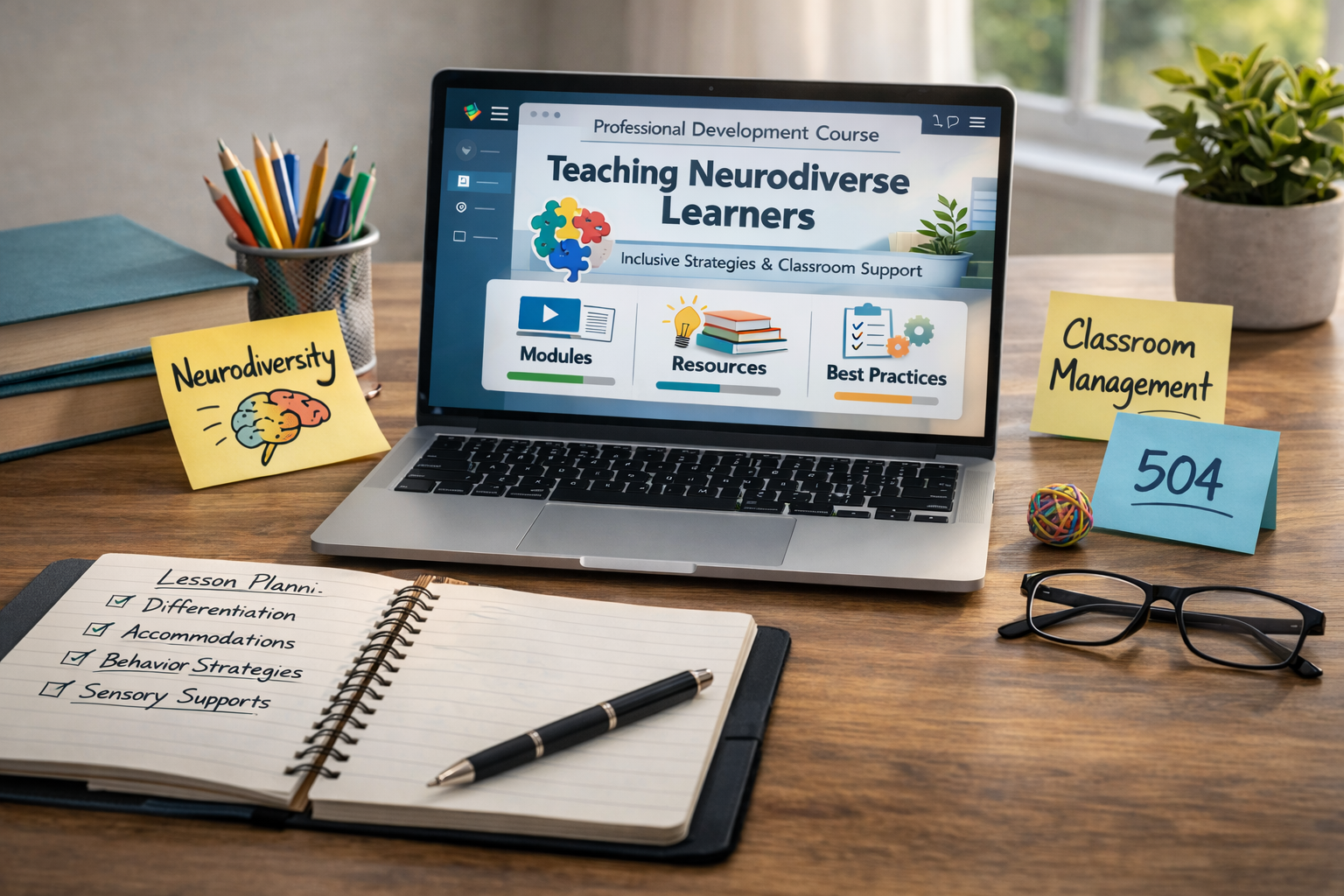How is AI Used in Healthcare? 5 Strategies to Know About
.png)
Artificial Intelligence (AI) is revolutionizing how healthcare organizations do business, and it’s already improving patient outcomes and everyday workflows for professionals in every setting. By analyzing large volumes of medical data inside the context of innovative algorithms, these tools have evolved to assist in major aspects of healthcare like diagnosis, risk prediction, personalization of treatment plans, medical imaging analysis, and clinical decision-making.
Outside of areas that directly impact patient care, AI has also brought incredible efficiency to healthcare logistics. New AI technologies that focus on areas like fraud detection, claim management, and medical appeals save tremendous time and resources while preserving the integrity of the system as a whole.
But how is AI used in healthcare institutions like yours? Courses like Artificial Intelligence in Medicine: Innovations Shaping Healthcare Today can keep you up to date on the latest technology driving these innovations, and here are five strategies you’ll likely encounter today.
1. Clinical Decision Support
Clinical decision support systems (CDSS) are not necessarily new to the healthcare industry. Appearing in the 1970s, these systems used rule-based algorithms that responded to data documented by providers, but they were limited in how much data they could apply. The integration of AI has allowed CDSSs to consume extraordinary amounts of data that was previously unused to create richer and more nuanced reports than ever before.
Today’s CDSSs bring together a combination of AI-facilitated resources. For example, a risk assessment that allows AI to analyze various factors like patient age, gender, medical history, and lifestyle can reveal previously hidden insights into individual risk factors. Combining that information with previous diagnoses and potential treatment options, AI can deliver more precise recommendations for future decisions.
This is not to say that modern systems are intended to replace the human element. Current research demonstrates that clinical decision support should be integrated into the practice of medicine as a complementary resource. Users will need to have an in-depth understanding of how these systems generate results and how to incorporate that information into the decision-making process.
2. Administrative Tasks and Virtual Assistants
One of the most effective applications of AI technology in healthcare is the optimization of patient interactions and administrative tasks. These automated systems are helping institutions provide better and more accurate services while reducing operating costs.
There are many applications institutions are already enjoying that leverage AI, including:
- Automated patient record updates and management
- Mobile device connectivity
- Patient portals
- Appointment services
- Information sharing and interprofessional collaboration support
- 24-hour virtual assistants
In the background, artificial intelligence is delivering support that keeps complex healthcare facilities running smoothly, such as supply chain management, enhancement to revenue cycle, and resource allocation and management. In many cases, healthcare professionals and their patients may not realize they’re benefitting from these systems, but they’re nonetheless critical to success and sustainability.
3. Remote Patient Monitoring
Doctors and nurses are making critical decisions with the help of these tools within hospitals and clinics, but how is AI used in healthcare beyond their walls?
Remote patient monitoring has been a hugely beneficial resource across many clinical divisions of healthcare and has greatly enhanced the possibilities of telehealth. These tools allow patients to recover in the comfort of their own homes rather than through expensive in-patient stays, offering greater flexibility and ideal individualized care strategies.
Early warning systems are one of the most valuable patient monitoring strategies revolutionizing acute care. Wearable technology can continually assess a patient’s vital signs such as heart rate, respiratory rate, temperature, and activity levels, feeding vital sign assessment data to monitoring platforms that can detect important changes. The AI assessment of this information offers early warning of more catastrophic events long before they happen.
While these technologies can be costly upfront, the benefits of patient outcomes over time translates to much greater cost savings from shorter hospital stays and a reduction in morbidity and mortality.
4. Personalized Medicine
Because it can process much larger data sets, AI incorporates multiple factors into patient analysis to unlock more personalized treatment strategies than ever before. A combination of disease prediction alongside diagnoses, continuous monitoring, genetic predisposition, and available technologies and medicines all come together to create a picture of the most ideal approach to treatment possible.
AI-supported personalized medicine is built heavily on the concept of patient-centered care and extends what’s possible for medical providers—especially with limited resources. While all patients should be offered an individualized plan of care, these systems offer medical providers unprecedented speed and visibility into unique circumstances that simply weren’t possible in previous years.
5. Medical Imaging Analysis
Medical imaging evaluation can be the difference between life and death, and outcomes often rely on human beings making judgment calls on ambiguous data from CT scans, MRIs, monograms, and even basic X-rays.
AI imaging analysis utilizes deep learning algorithms that have demonstrated incredible capabilities for recognizing complex patterns and features in medical images that are not always discernible to the human eye. This technology has a proven track record of improved accuracy and efficiency for diagnoses in critical areas like cancer and heart disease.
Making the Most of AI in Healthcare
AI has touched many aspects of healthcare, and physicians, nurses, dentists, administrators, and other allied health workers will continue to develop closer relationships with emerging technologies. All of these systems will come with learning curves, and Premiere is committed to giving health professionals access to the valuable resources and training they need to use these systems ethically and effectively.
Courses like Artificial Intelligence in Medicine: Innovations Shaping Healthcare Today ensure that healthcare professionals are never left asking, “How is AI used in healthcare facilities like mine?” These informative resources ensure you’ll always know what to expect and how to get the most out of the latest AI tools your institution provides.
All of Premiere’s award-winning courses are created by industry professionals and make developing your career and meeting professional obligations as simple as finding a screen.


.png)



